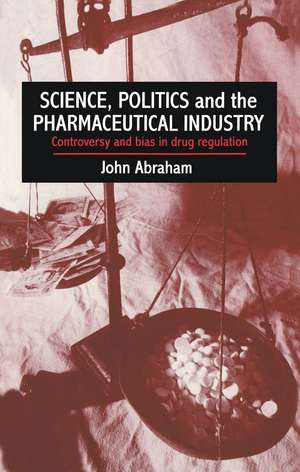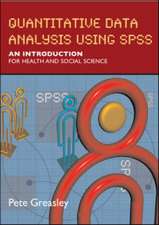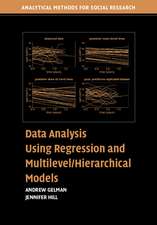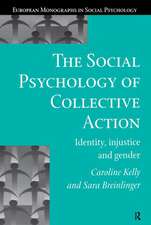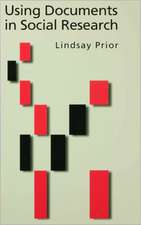Science, Politics And The Pharmaceutical Industry: Controversy And Bias In Drug Regulation
Autor John Abraham, John Abraham University of Reading.,en Limba Engleză Paperback – 29 iun 1995
Preț: 302.95 lei
Preț vechi: 416.91 lei
-27% Nou
Puncte Express: 454
Preț estimativ în valută:
57.97€ • 60.69$ • 47.97£
57.97€ • 60.69$ • 47.97£
Carte tipărită la comandă
Livrare economică 07-21 aprilie
Preluare comenzi: 021 569.72.76
Specificații
ISBN-13: 9781857282009
ISBN-10: 1857282000
Pagini: 320
Dimensiuni: 138 x 216 mm
Greutate: 0.45 kg
Ediția:1
Editura: Taylor & Francis
Colecția Routledge
Locul publicării:Oxford, United Kingdom
ISBN-10: 1857282000
Pagini: 320
Dimensiuni: 138 x 216 mm
Greutate: 0.45 kg
Ediția:1
Editura: Taylor & Francis
Colecția Routledge
Locul publicării:Oxford, United Kingdom
Public țintă
Postgraduate and ProfessionalCuprins
Bias in science and regulation; partial progress? the development of American and British drug regulation; Naprosyn - reconstructing data; Opren/Oraflex - the making of a drug disaster; Feldene - the closure of technical dispute; Zomax - the persistence of data; Suprol - anything goes?; conclusions and policy implications.
Notă biografică
Abraham, John, ; John Abraham University of Reading.,
Descriere
A systematic investigation of bias in scientific research, based on a rigorous examination of documentary sources on drug controversies.
